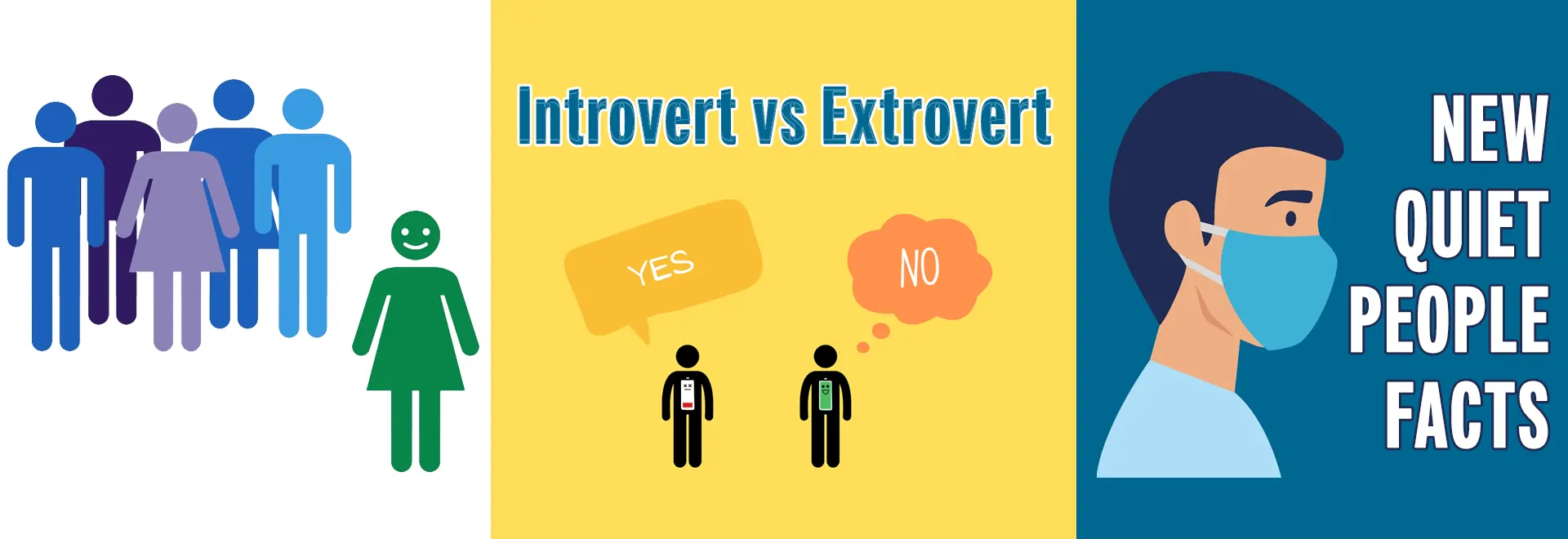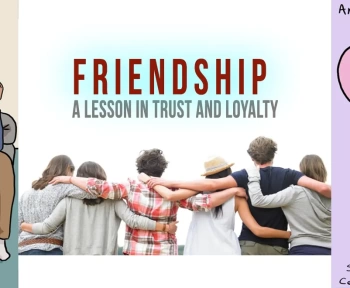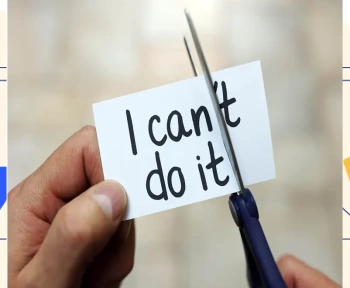10 phrases only introverts use according to psychology
Understanding introverts can be challenging, but by looking at some common phrases they use, we can better appreciate their unique way of communicating. Here are nine phrases introverts often say, along with simple examples to explain each one.
1) “I need some time to think about it…”
Introverts like to think carefully before making decisions. They don’t rush into things.
Example:
If you ask an introvert if they want to join a weekend trip, they might say, “I need some time to think about it.” This is because they want to make sure they’re ready, not because they don’t want to go.
Defense:
This phrase reflects the introvert’s thoughtful and cautious approach to decision-making. Rather than being indecisive or avoiding a response, introverts take time to consider all aspects before committing. This careful reflection ensures they make well-considered choices.
How to defend:
- Introverts prefer quality decisions over rushed ones.
- Thoughtful decision-making helps avoid mistakes.
- It’s not about delaying, it’s about being responsible.
2) “I’d rather text than call…”
Introverts usually prefer texting or messaging instead of talking on the phone because it gives them time to think.
Example:
If you call an introvert and they don’t answer, they might text you back saying, “Can I text you instead?” They feel more comfortable expressing their thoughts through writing.
Defense:
Introverts often feel more comfortable with written communication because it gives them time to think and express themselves clearly. It’s not a sign of disinterest or rudeness; it’s a way to communicate effectively.
How to defend:
- Texting allows introverts to process their thoughts more clearly.
- They want to provide thoughtful responses, which is easier in writing.
- It’s a preference for control over timing, not avoidance of contact.
3) “I enjoy my own company…”
Introverts enjoy spending time alone to recharge and relax. Being alone doesn’t mean they are lonely.
Example:
An introvert might say, “I enjoy my own company” when you invite them out, but they prefer to stay home and read or watch a movie alone.
Defense:
For introverts, alone time is essential for recharging. It doesn’t mean they don’t like being around others, but they gain energy from solitude. Enjoying their own company is a sign of self-sufficiency, not loneliness.
How to defend:
- Alone time is how introverts recharge and refresh their minds.
- They don’t feel lonely being alone; it’s a positive experience for them.
- This independence should be respected, not misinterpreted as isolation.
4) “Can we reschedule?”
Introverts sometimes feel drained by social events and may want to move plans to another day.
Example:
If they agreed to meet up for lunch but feel overwhelmed, they might say, “Can we reschedule?” It’s not because they don’t want to see you; they just need some personal time to recharge.
Defense:
When introverts ask to reschedule, it’s not about avoiding people but managing their energy. Sometimes, social interactions can be draining, and rescheduling helps them balance personal needs with social obligations.
How to defend:
- Introverts need to recharge between social events to be fully present.
- Rescheduling is about maintaining a healthy balance, not rejection.
- Respecting this request helps strengthen relationships long-term.
5) “I prefer one-on-one conversations…”
Introverts feel more comfortable talking with one person rather than being in a large group.
Example:
If you invite an introvert to a big party, they might say, “I prefer one-on-one conversations.” This means they would rather spend time with just you instead of a big crowd.
Defense:
Introverts often prefer deep, meaningful conversations with one person rather than small talk in groups. This isn’t about avoiding groups; it’s about creating stronger, more personal connections.
How to defend:
- Introverts value meaningful conversations over surface-level interactions.
- One-on-one settings allow them to fully engage and connect.
- They are not antisocial; they simply thrive in more intimate conversations.
6) “I understand how you feel…”
Introverts are often very empathetic and good at understanding others’ emotions.
Example:
If you tell an introvert about a problem you’re having, they might say, “I understand how you feel.” They genuinely care and are trying to comfort you.
Defense:
Introverts are often empathetic listeners. When they say, “I understand how you feel,” they mean it. This deep emotional understanding is a strength that makes them great supporters in relationships.
How to defend:
- Introverts listen carefully, so when they say this, it’s genuine.
- Their empathy makes them great friends and confidants.
- They may not be talkative, but they are emotionally present and engaged.
7) “I’m just going to stay in tonight…”
Introverts often need quiet time to recharge, especially after busy days.
Example:
If someone invites them to a party after a long week at work, an introvert might say, “I’m just going to stay in tonight.” They want to relax at home rather than go out.
Defense:
For introverts, socializing can be exhausting, and they sometimes need to recharge by spending time alone. Choosing to stay in isn’t about avoiding people, but about taking care of their mental health.
How to defend:
- Social activities can drain introverts, so staying in helps them recharge.
- They prioritize self-care so they can be more present when they do socialize.
- This isn’t rejection; it’s about balancing social time with personal time.
8) “It’s not you, I just need some alone time…”
Introverts need alone time to recharge and it’s not personal.
Example:
If an introvert has been spending a lot of time with people and needs a break, they might say, “It’s not you, I just need some alone time.” They still value your friendship but need to be by themselves for a while.
Defense:
Introverts need alone time to recharge, and it’s not a reflection of their feelings towards others. This phrase is their way of politely communicating their need for personal space without offending anyone.
How to defend:
- Alone time is essential for introverts to recharge emotionally.
- It’s a personal need, not a criticism of others.
- Respecting this request strengthens relationships, as it prevents burnout.
9) “I’m listening…”
Introverts may not talk much in a conversation, but they are excellent listeners.
Example:
During a group discussion, an introvert might not say much but will assure you by saying, “I’m listening.” This shows they are paying attention even if they aren’t speaking a lot.
Defense:
Introverts may not always be the most vocal in conversations, but that doesn’t mean they’re not engaged. When they say, “I’m listening,” it’s a sign of their focused attention and deep interest in what’s being said.
How to defend:
- Introverts listen more than they speak, absorbing and reflecting on the conversation.
- They value understanding over speaking for the sake of speaking.
- Their listening skills make them great communicators in more meaningful ways.
10) “I’ll get back to you on that…”
Introverts prefer to think before responding, so they might take time to reply.
Example:
If you ask an introvert for their opinion on something important, they might say, “I’ll get back to you on that.” They need time to reflect before giving an answer.
Defense:
When introverts say this, it’s because they prefer to reflect before giving an answer. They want to make sure their response is thoughtful and well-considered, rather than impulsive.
How to defend:
- Introverts process information deeply before responding.
- This phrase shows they take questions seriously and want to give a well-thought-out answer.
- It’s about providing quality responses, not avoiding the question.
Final Thoughts: Embracing Introverts’ Communication Style
Introverts use phrases that show their thoughtfulness and need for solitude. Understanding these phrases helps us appreciate that introverts are not avoiding people—they just need more time to process and recharge. By respecting their communication style, we can build stronger relationships with them.



